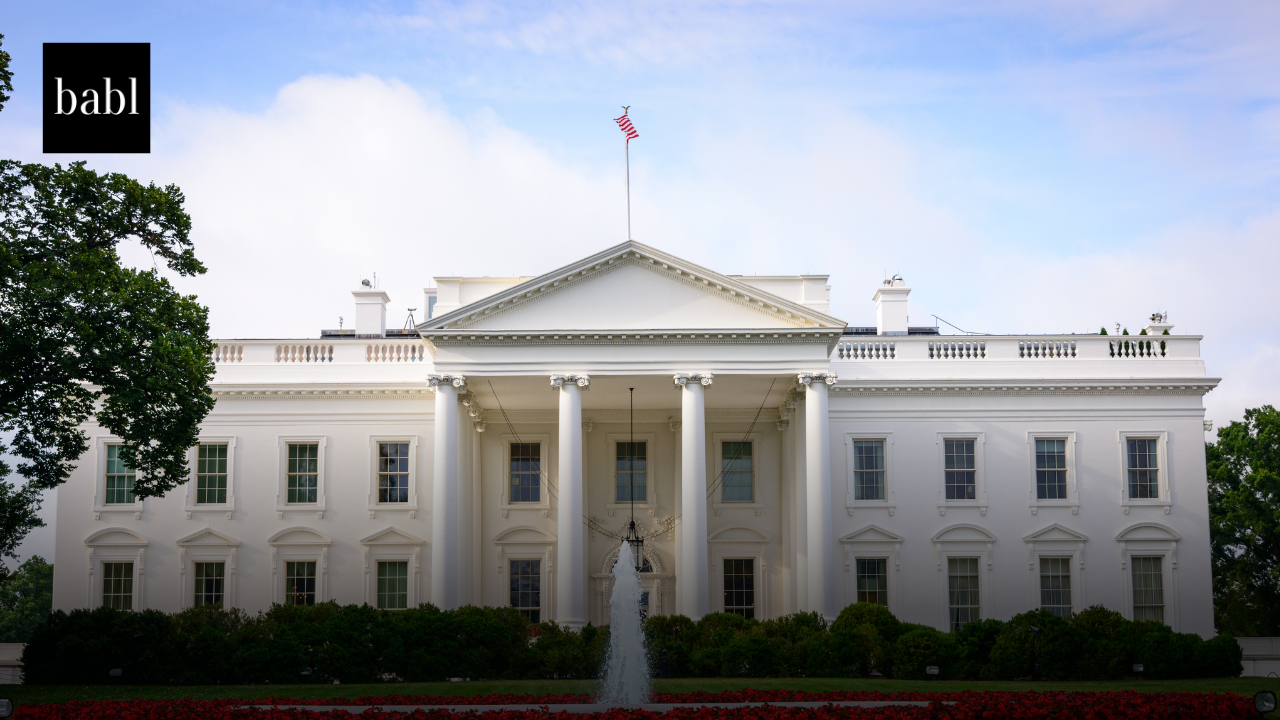The Biden-Harris Administration announced a significant investment of up to $100 million to accelerate research and development in artificial intelligence (AI) technologies for sustainable semiconductor materials. This initiative, led by the U.S. Department of Commerce, is part of the administration’s broader effort to strengthen the domestic semiconductor industry while addressing environmental sustainability.
Autonomous Experimentation
The funding, issued through the CHIPS for America program, supports the development of AI-powered autonomous experimentation (AI/AE). This technology helps create new semiconductor materials and manufacturing processes. It is considered essential for keeping U.S. semiconductor production competitive as environmental demands continue to grow.
AI also plays a major role in shortening development timelines. Traditionally, creating semiconductor materials takes years and requires intensive resources. The new initiative aims to produce sustainable materials that meet industry needs and can move into use within the next five years. As a result, the U.S. semiconductor sector could grow more quickly while adapting to climate challenges. U.S. Secretary of Commerce Gina Raimondo noted that current approaches are too slow. She explained that America must use AI to rapidly expand its semiconductor manufacturing base in a sustainable way.
AI/AE Possibilities
AI/AE could reshape materials research by pairing AI with automated synthesis and characterization tools. These systems accelerate the design and testing of materials, offer fast feedback on experiments, and cut the resources needed to bring new options to market. They also support federated research across many locations, allowing teams to work together more effectively.
Arati Prabhakar, Assistant to the President for Science and Technology, highlighted the innovation behind this approach and emphasized AI’s ability to speed up complex materials development. The CHIPS for America program intends to foster collaboration between universities, industry, federal agencies, and research institutions. Those partnerships are expected to spark new ideas in sustainable semiconductor manufacturing and help the U.S. remain competitive globally.
University Opportunities
The funding opportunity is also expected to prioritize university-led collaborations, including work by emerging research institutions. This approach aims to expand the talent pool in semiconductor research and strengthen the national workforce. Laurie E. Locascio, Under Secretary of Commerce for Standards and Technology and Director of the National Institute of Standards and Technology (NIST), stated that the new investment could deliver sustainable materials and manufacturing processes within a few years while improving safety and workplace conditions.
Need Help?
With every day comes a new AI regulation or bill. Therefore, you might have questions and concerns about how it will impact you. Don’t hesitate to reach out to BABL AI. Their Audit Experts are ready to provide valuable assistance.





